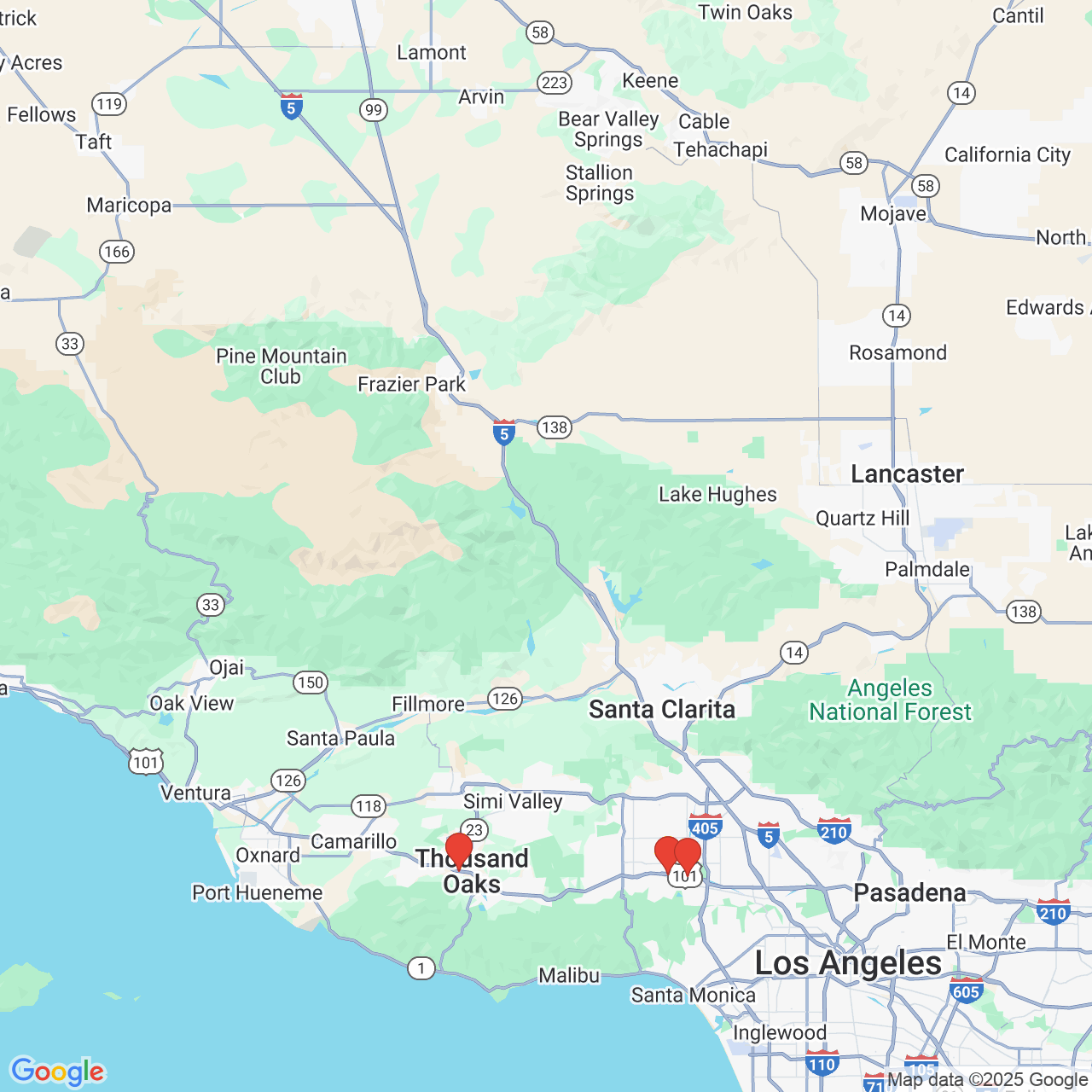Embryo Cryopreservation, the good, the bad and the……Freeeezing

Embryo cryopreservation, (embryo freezing) is an integral aspect of any successful fertility program. At our Los Angeles based program, the Center for Fertility and Gynecology, our cryopreservation program is second to none with outstanding success rates across all age groups.
Embryo freezing serves many purposes and if performed correctly, has no detrimental effects on the chance for pregnancy. In fact, recent data show that embryo freezing with frozen embryo transfer (FET) at a later date, may actually improve the chance for pregnancy compared to fresh transfer. This blog post will investigate the different indications for embryo freezing.
Embryo cryopreservation was initially intended as a way to save “extra” embryos created from an in vitro fertilization (IVF) cycle. Physicians and patients recognized the value of embryos which were not immediately transferred to the uterus and wanted to save them for future use. Because the best quality embryos were usually used for immediate transfer, frozen embryos were by definition, lower quality. This was reflected in the significantly lower pregnancy rate as compared to fresh transfer. Additionally, the older method of freezing embryos, known as slow-freeze, was more likely to damage the embryos upon thawing.
Currently, in addition to freezing “extra” embryos, freezing is performed for other reasons. When top quality embryos are frozen, especially with new fast freeze (vitrification) techniques, success rates are not negatively impacted. Some of the other indications for freezing include;
Fertility preservation
Freezing embryos is becoming a popular method for couples and individual patients with sperm donors to preserve fertility for the future. This process includes standard IVF which concludes with freezing all embryos on day 3-5. The embryos can be transferred back at a later date (months to years) when the patient is ready to conceive.
Ovarian Hyperstimulation Syndrome (OHSS)
OHSS occurs in IVF patients who produce many eggs. The syndrome is very serious and needs to be treated carefully and aggressively. Fortunately, OHSS is self-limited and usually resolves within a week of embryo transfer. The only caveat to that is if a patient becomes pregnant, the symptoms can be more severe and last for up to 9 weeks. Embryo cryopreservation with a later transfer avoids prolongation of the syndrome and allows patients to recover and become pregnant in the following month, when the symptoms have resolved.
Logistical arrangements
In this modern world, people’s lives can be very complicated. Couples may live in different cities, work schedules may be inflexible and multitude other commitments may compete with our drive to conceive. Embryo freezing allows for flexibility in these circumstances. We can create and freeze embryos in one month and then thaw and transfer in another.
Preimplantation Genetic Diagnosis (PGD)
PGD involves removing and testing cells from an embryo. Often times, the cells are removed when an embryo is 5 days old. This process necessitates freezing the embryo after the cells are removed because it takes at least 24 hours to get the results of the test on the cells. Embryos that are transferred after day 5, have lower implantation rates, therefore if the embryo is frozen, we can wait for the results and transfer the embryo at a later time and it is still a day 5 embryo.
If you have questions about embryo freezing or fertility treatments in general, please don’t hesitate to contact us, we’d be happy to speak with you.

